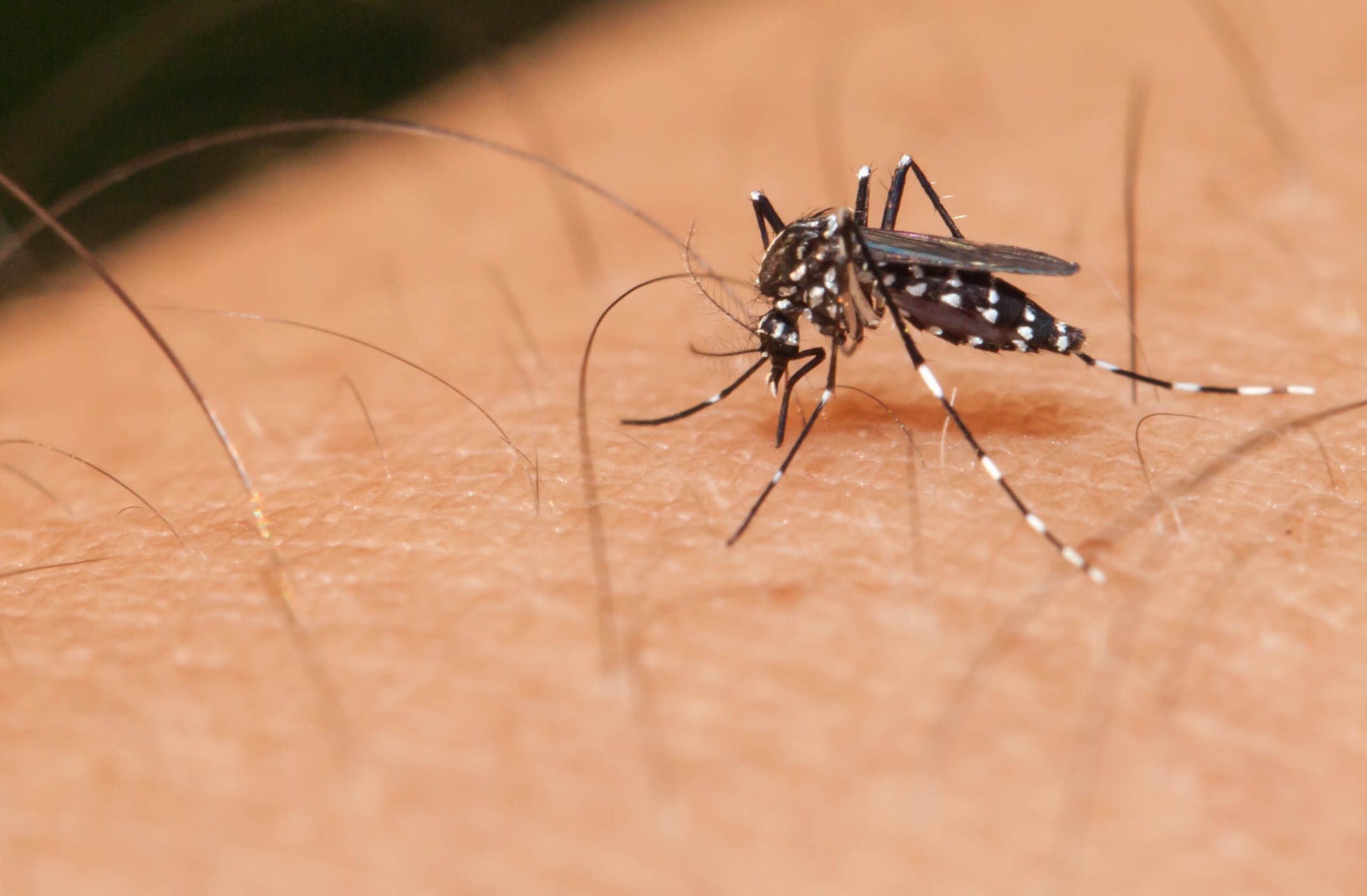RIO DE JANEIRO, BRAZIL – A serological test able to identify Zika virus contamination, even following dengue infection, began to be marketed in Brazil. The kits are mainly intended for women of childbearing age and for epidemiological studies to find people who have already been exposed to the virus. This was one of the main challenges after the zika epidemic in Brazil, between 2015 and 2016.

The test is the result of a research started two years ago by a group of researchers from the Institute of Biomedical Sciences of the University of São Paulo. The study was sponsored by the ‘Amparo à Pesquisa Foundation’ of São Paulo State and had its patent application licensed by the company AdvaGen Biotec and recently approved by the National Health Surveillance Agency for commercial use. The product was tested on approximately 3,200 women in Brazil.
The exam detects the presence of a specific antibody of the Zika virus produced by the organism after 15 to 20 days of being infected. However, as the zika and dengue viruses are very similar, the tests available on the market turn out to be misleading, resulting in a false positive or negative, hindering or preventing an accurate diagnosis in areas that are endemic to dengue. The test is 95 percent zika specific, while others in the market are as high as 75 percent.
“This antibody provides protection for life and it is very difficult to find a protein that is specific to Zika. But we found a place in the protein, which we call Delta NS1, that doesn’t cross-react with dengue,” explained one of the researchers, virology expert Edison Luiz Durigon.

According to the researcher, the kit will enable the monitoring of pregnant women who will take the test every three months to prevent microcephaly in babies. If the woman is infected only in the final gestation stage, the baby runs the risk of developing neurological problems.
“If the pregnant woman carries Zika, the test will show. And then the medical procedure is changed, allowing the child to be guided to a normal standard in childhood and adolescence,” he said.
The test is based on the Elisa method and will also be useful to study the presence of the virus as the majority of infected individuals have no symptoms, so a woman may have the virus unknowingly and pass it on to the fetus. This way, some children may be born without microcephaly, but they may have invisible lesions in the brain at first and may develop severe cognitive impairment.
“The test should be performed in the laboratory and is ready in three and a half hours. It is a test that any clinical laboratory is equipped to do. This was our great concern”, said the specialist.
Source: Agência Brasil

